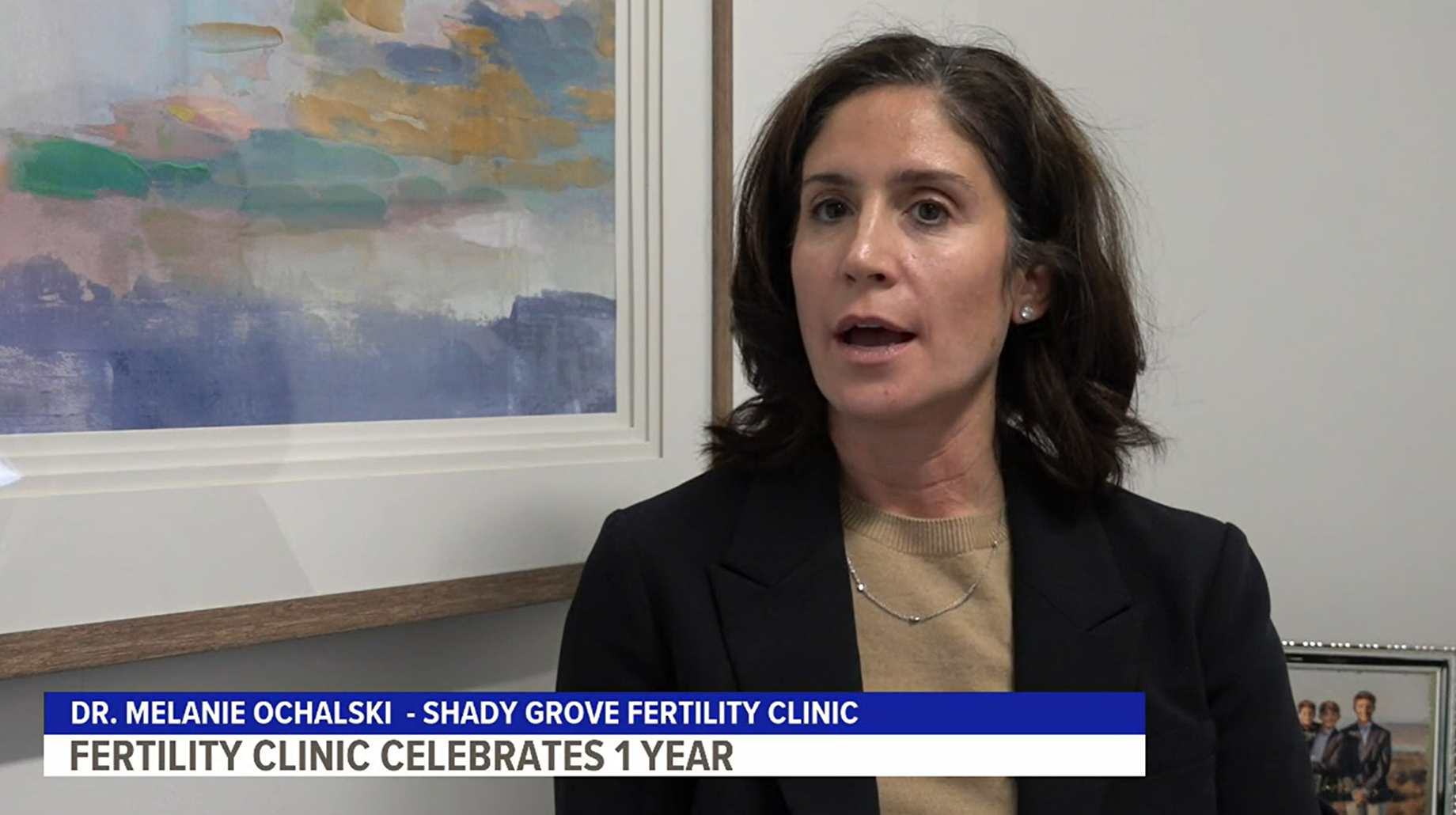It’s Never To Early To Be Proactive
At Shady Grove Fertility, we recommend women make sound nutritional and lifestyle choices before they become pregnant in order to have a much greater chance of having healthier, less complicated pregnancies and delivering healthier babies.
Fertility health checklist
- Understand the drivers of your body’s reproductive and endocrine systems, and learn what modifications you can make to keep your systems running smoothly.
- Know how to identify the early warning signs of infertility, such as irregular or absent menstrual cycles, pelvic pain, and polycystic ovary syndrome (PCOS).
- Know whether birth control affects fertility.
- Don’t just think about your desired age when you have your first child, consider how old you want to be when you have your last child. You can do this by calculating how many children you want to have along the age you should start trying to get pregnant, assuming an average 18 months between pregnancies.
- Initiate a conversation with your OB/GYN about your fertility health.
- Know what to expect from your OB/GYN if infertility is suspected, and know when it’s time to see a specialist.
- Know why the concept of ‘reproductive aging’ really, really matters.
Another way to be proactive is to treat your body as if it’s pregnant while you’re trying to conceive. At Shady Grove Fertility, we recommend:
- Take a preconception supplement with at least 400 mcg of folate daily.
- Limit caffeine intake.
- Abstain from alcohol.
- Maintain a healthy body weight through a well-balanced diet and exercise.
- Exercise with care. Intense physical activity, such as that of competitive female athletes, can disturb the menstrual cycle, but moderate activity has little effect on the cycle.
- Lose weight if you are overweight or obese. Obesity is associated with decreased fertility and even moderate amounts of weight loss in obese women can improve fertility. Weight loss can also improve menstrual regularity in obese women with polycystic ovary syndrome (PCOS).
- Quit smoking!!! You and your partner need to quit. Now. Right now. Smoking is like putting your eggs and sperm in an ashtray. Smoking will decrease your fertility rate by half. You can reverse this effect if you are smoke-free for 3 months.
Women who are generally healthy and have been unsuccessful in conceiving after several months of unprotected sex should consider getting help from a specialist. The American Society for Reproductive Medicine (ASRM) guidelines recommend that women under the age of 35 consult a fertility specialist after 1 year of unsuccessfully trying to conceive, while those 35 or older should schedule a consultation after 6 months. For women over the age of 40, we highly recommend a consultation with a fertility specialist as soon as possible.





